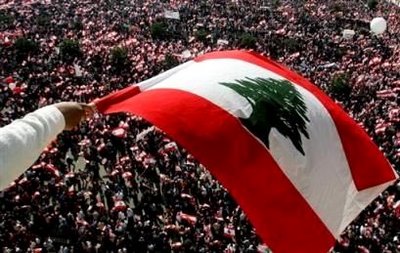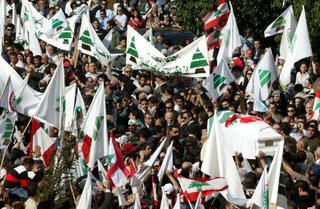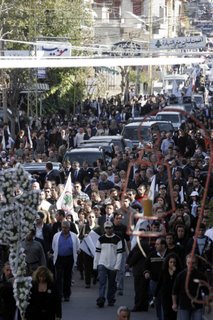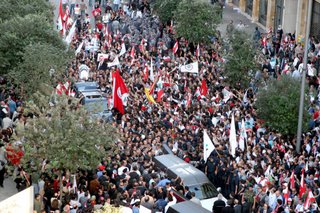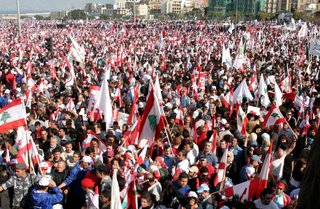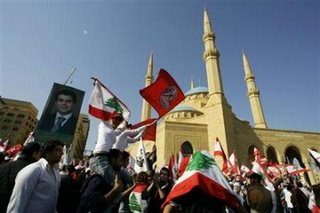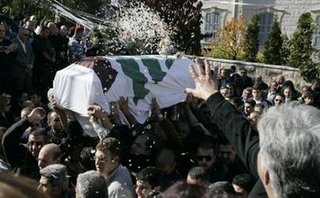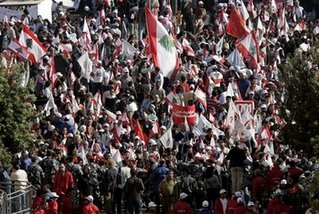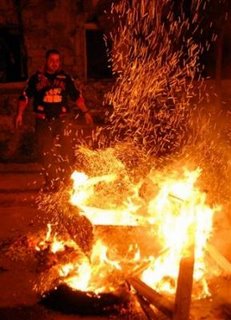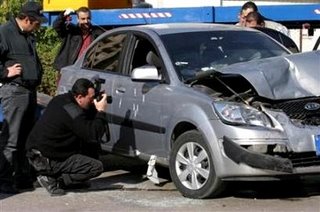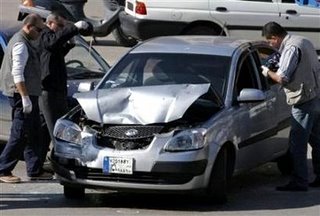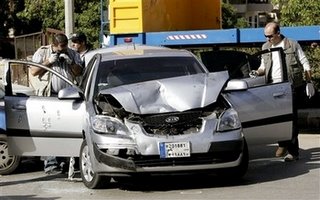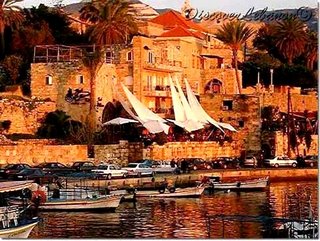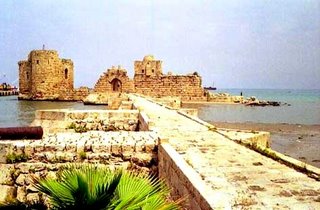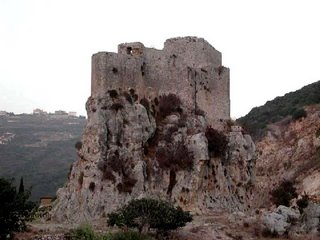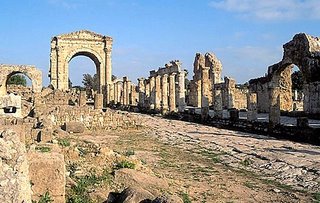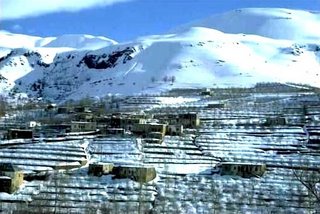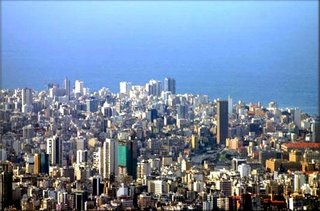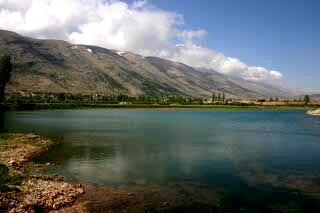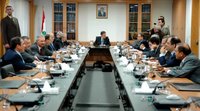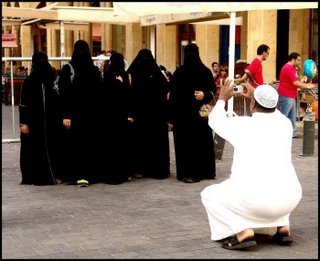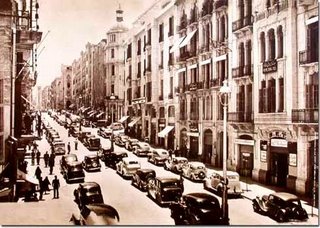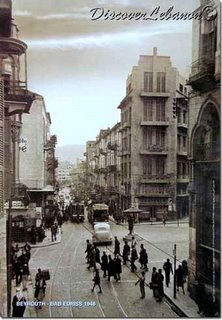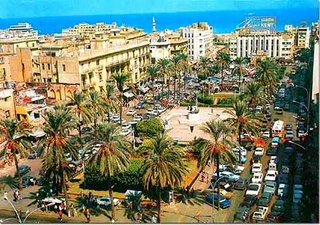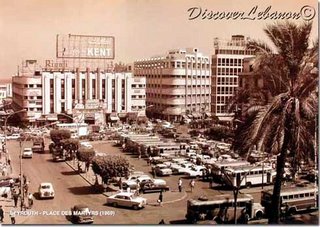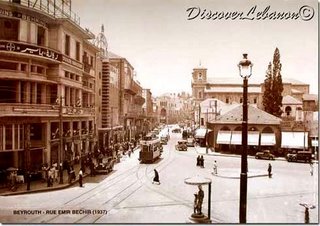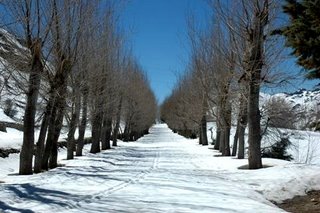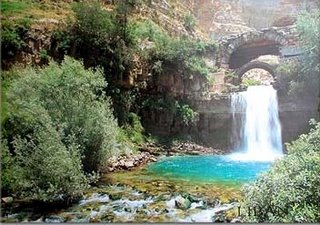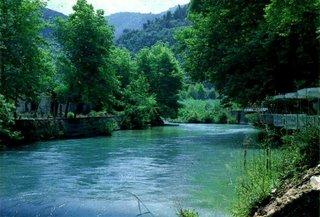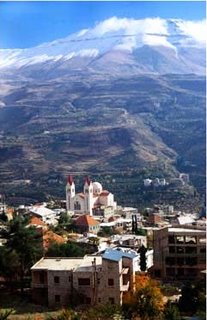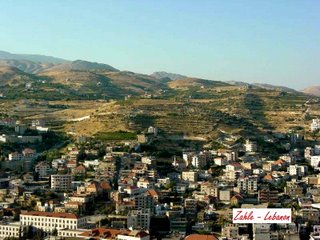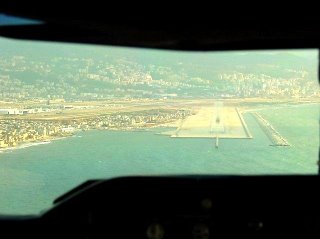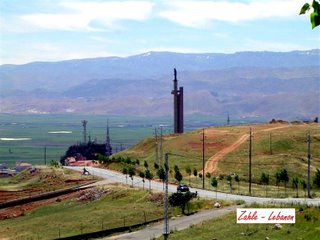Hizbullah mp warns street protests are imminent
By Nada Bakri
Daily Star staff.
BEIRUT: Lebanon's prime minister said on Tuesday that political parties had turned the country into a battlefield for regional conflicts, and added he would remain in office to prevent the outbreak of civil war. "We have turned Lebanon into a battlefield for regional conflicts ... This logic is suicidal," Siniora said during a television interview with Al-Arabiyya news channel. Siniora vowed to prevent civil war from breaking out again in Lebanon, which is still reeling from the devastating 1975-1990 Civil War. "We want to avoid discord. My presence here [in the government], and that of many others will prevent discord and civil war because even if there is war ... in the end, we will have to sit back together" to settle disputes with dialogue, he said. "I still have hope, and continue to seek that there will be no street protests," he said. "We are constantly working to prevent the outbreak of any clashes. My presence in office is to prevent strife and to prevent civil war," Siniora said. But Hizbullah MP Mohammad Raad said following a visit of Hizbullah's bloc to Speaker Nabih Berri Tuesday that street protests are imminent. "The opposition has run out of time and it will go ahead with its decisions and its actions," Raad said. The capital's streets were mostly empty as reports and rumors circulated of possible demonstrations, which Hizbullah and their allies refused to deny or confirm late Tuesday.
MP Saad Hariri urged players to return to the dialogue table to find solutions. "I urge everyone to return to dialogue because we cannot be part of the axis and the regional conflicts, and we have to work as Lebanese for the best interest of Lebanon," the parliamentary majority leader said in statements televised Tuesday. Earlier this month, six ministers allied with Hizbullah resigned from Siniora's Cabinet after key cross parties talks failed to reach a deal on the formation of a national unity government. The pro-Syrian forces want one third plus one seats in Siniora's Cabinet, which would give them veto power. The March 14 Forces have agreed on the formation of a national unity government that will include more Hizbullah allies, but they rejected their demand for veto power, accusing them of trying to hinder the formation of the international court to try suspects in the assassination of former Prime Minister Rafik Hariri. "We all support the formation of a national unity government where everyone will have a say ... but if they want through that to hinder decisions, we are against it," Hariri told Canadian television. Siniora urged the resigned ministers - two from Hizbullah, three from the Amal Movement and one allied with pro-Syrian president Emile Lahoud - to return to their duties. "The government will carry on with its duties but it is suffering from the absence of our resigned colleagues," Siniora said. "I will not appoint anyone to replace them because I am still hopeful they will return to their ministries," Siniora said. Earlier in the day, Siniora asked Jordan's King Abdullah to raise the issue of Israel's violations of Lebanese airspace during the monarch's talks with US President George W. Bush in Amman, scheduled for Wednesday. Siniora's office said in a statement the prime minister urged King Abdullah in a telephone call to discuss with Bush "issues that interest Lebanon." The statement said the key issues were Lebanon's demands that Israel halt military overflights, which Beirut and the United Nations say violate a Security Council resolution that ended the 34-day war with the Jewish state in August, and an Israeli withdrawal from the Lebanese half of Ghajar village. It also said Lebanon wanted to resolve the dispute over the Israeli-occupied Shebaa Farms, which Israel and the UN say are Syrian, while Lebanon and Syria say they are Lebanese.
US Department of State Under Secretary for Management Henrietta Fore, following a visit to Siniora Tuesday, reiterated the United States' support to the government. Fore, who is on a two-day visit to Lebanon, said she "reaffirmed the strong support of the United States to work with the government of Lebanon and the Lebanese people to realize their aspirations for a peaceful and prosperous, sovereign and secure country."
